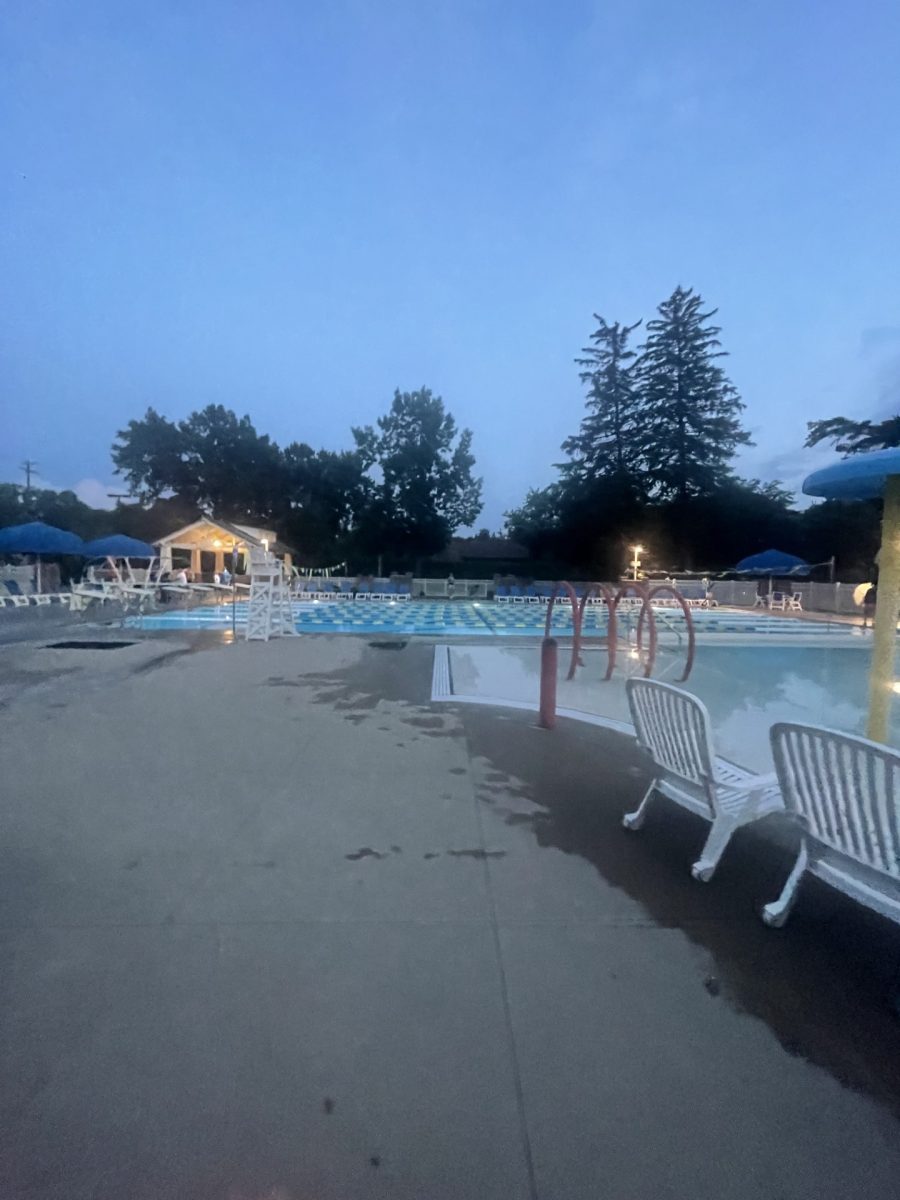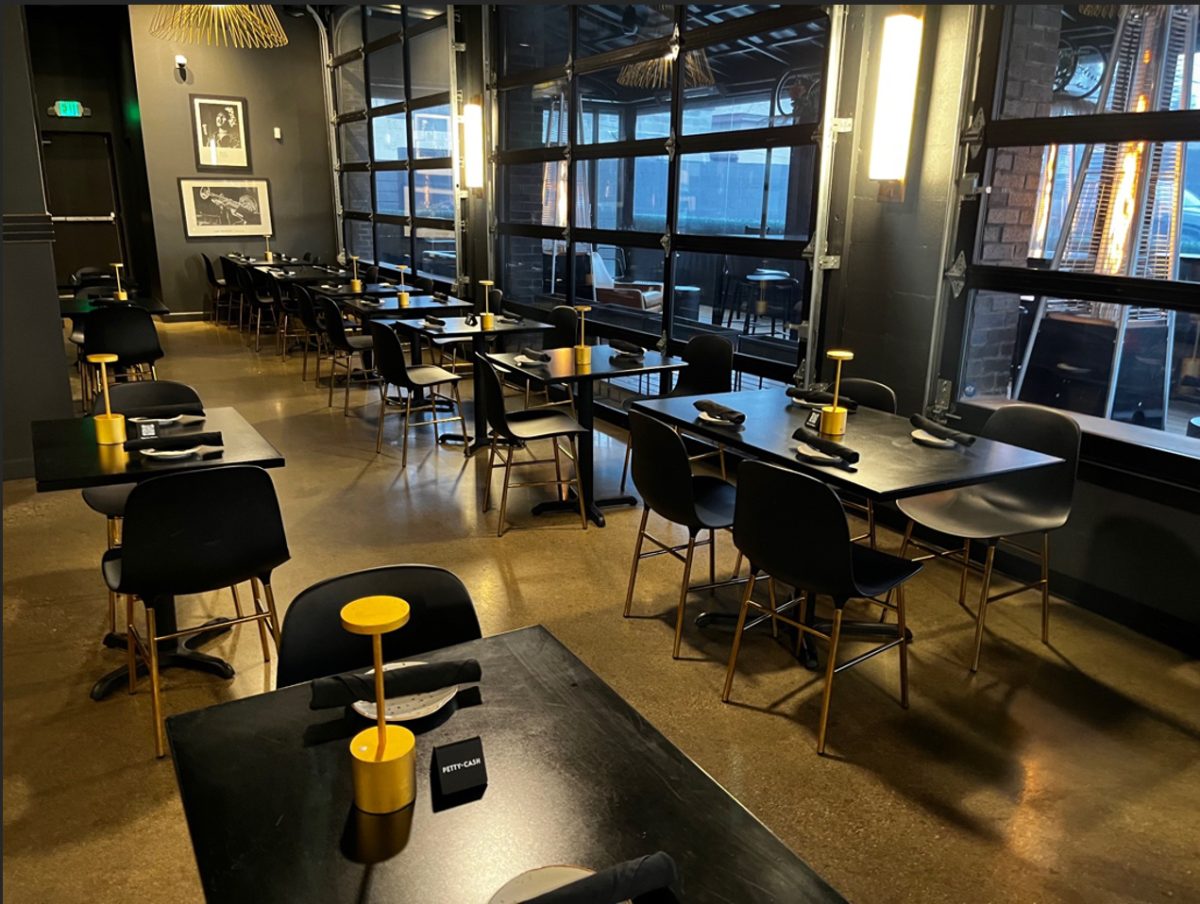Due to new lead and copper drinking water regulations, Pleasant Ridge, Michigan must replace all lead service lines, which account for 60% of city water pipelines. The restructuring of the pipeline network will disrupt the city’s most valued amenity – the public pool. In the small town of Pleasant Ridge, the pool is a hub for social gatherings and community growth. Birthday parties, swim lessons, and water aerobics classes fill the pool each summer day. If the replacement of outdated service lines disrupts pool operations, there will be social and economic implications. Pipeline reconfiguration will cause the pool to be shut down for an extended period which will create economic consequences. The city will lose sources of income, such as residential summer passes, guest passes, and revenue from events and concessions. Additionally, the pool closure will result in job loss for lifeguards, such as myself, swim instructors, maintenance workers, and pool clerks. Pleasant Ridge is a growing community, and the closure of the pool would also affect the real estate market. Potential new residents see the pool as an asset and if it was temporarily or permanently closed, it would be a deterrent.
Clearly, the lead service lines of Pleasant Ridge are a pressing concern that needs immediate action. Just to let you know, the pipes providing drinking water are not in need of replacement or repair, at this time. The first steps in solving the lead service lines would be the formation of a task force to benchmark similar projects, address feasible solutions, solicit bids, create a realistic timeline, and most importantly, provide transparent communication to community members. Pleasant Ridge historically utilizes the open-mic format for city hall meetings, and open discussion is the foundation for an integrated response to this issue.
If I were mayor, my first action would be a city hall meeting to inform residents about the prospective project and the associated costs, answer questions, and share that the goal would be to have the pool operational as close to the summer season as possible. Next, as mayor, I would take feedback from the community meeting to discuss with city representatives the most realistic and cost-effective options that align with the overall resident sentiment. Best practices have shown that copper is the most reliable alternative and allows for the easiest replacement of lead pipelines via directional digging, so this would be my starting point.
In speaking with my boss, Director of Recreation, Shawnie Stamper, I learned the enormity of this city project. The removal and replacement of identified service lines will take 20-30 years. As part of the process, the city plans to also replace the water mains by adding additional loops to the main which would improve water pressure and reliability and potentially decrease the total construction time.
This is a large undertaking. Through open communication, prioritization of the public pool, and state aid to combat increased taxes for residents, this project should enhance the overall desirability of the neighborhood and have minimal effect on residents’ taxes.





